Stop Googling ‘Housing Bubble’
Google Trends offers a useful window into real estate consumers’ interests, concerns and fears. And at the moment, a potential housing bubble appears to be a top fear.
(This is a summarized article by Inman, the real estate industry’s leading source for accurate, innovative and timely real estate information. You can catch the full article here.)
According to an article by Inman, Google searches for 'housing bubble' have been spiking since March.
It’s important to note that Google searches about a housing bubble don’t cause bubbles, nor do they reflect hard or specific economic data. They’re a glimpse into a collective mood.
Back in early 2020, the number of Google searches related to mortgages spiked — a hint that in retrospect foreshadowed the so-called Great Reshuffling as people moved to greener pastures. A year later, in spring 2021, and then again in spring this year, Google searches for the term “bidding wars” spiked. But perhaps the most curious recent spike in Google searches was for a much more ominous term: “housing bubble.”
Google Trends offers a useful window into real estate consumers’ interests, concerns and fears. And at the moment, a potential housing bubble appears to be a top fear. Specifically, Google Trends shows that searches for the term “housing bubble” have remained relatively constant for the last five years and even dipped earlier during the coronavirus pandemic. However, this spring, searches for the term have soared. That more or less coincided with the beginning of the spring market, so some of the spike may have simply reflected more consumers getting their bearings as they prepared to jump into the market.
The good news, though, is that when looking at searches for “housing bubble” all the way back to 2004 — the maximum range Google offers — today’s spike in searches doesn’t seem so bad.
The picture that emerges from all of this data is one in which consumers are still interested in buying and selling houses, even as there appears to be some anxiety about shifts and bubbles. That’s a picture that mostly tracks with the latest economic analysis. For instance, just days ago Fannie Mae noted that relative to median incomes, home prices are “now more deviated from the historical norm than the peak experienced in 2006.”
“We believe this points to the unsustainability of current house prices relative to longer-run fundamentals, and with rising interest rates this suggests strong downward pressure on continued house price appreciation,” Fannie Mae’s economists said in their latest economic forecast.
That said, Fannie Mae’s economists do not expect a repeat of the housing bubble of 2008.
Lawrence Yun, chief economist for the National Association of Realtors, said the U.S. could be headed for a “highly unusual recession.” Yun also weighed in on fears about a bubble, telling real estate professionals that “we’re not in an excessive debt situation” — meaning conditions today are different from the ones that led to the bubble burst of 2008.
Zillow Senior Economist Jeff Tucker also recently expressed skepticism about a bubble, but hinted that talk of a bubble and the resulting fear could actually be a drag on the housing market.
This point that chatter can impact the contours of the housing market is a relevant one. And though it remains to be seen what will happen in the coming weeks, months and years, there’s little doubt that consumers have been expressing more curiosity online about a shifting market.
If you’re interested in buying or selling your home, or have questions about the market, reach out to one of our agents today:
